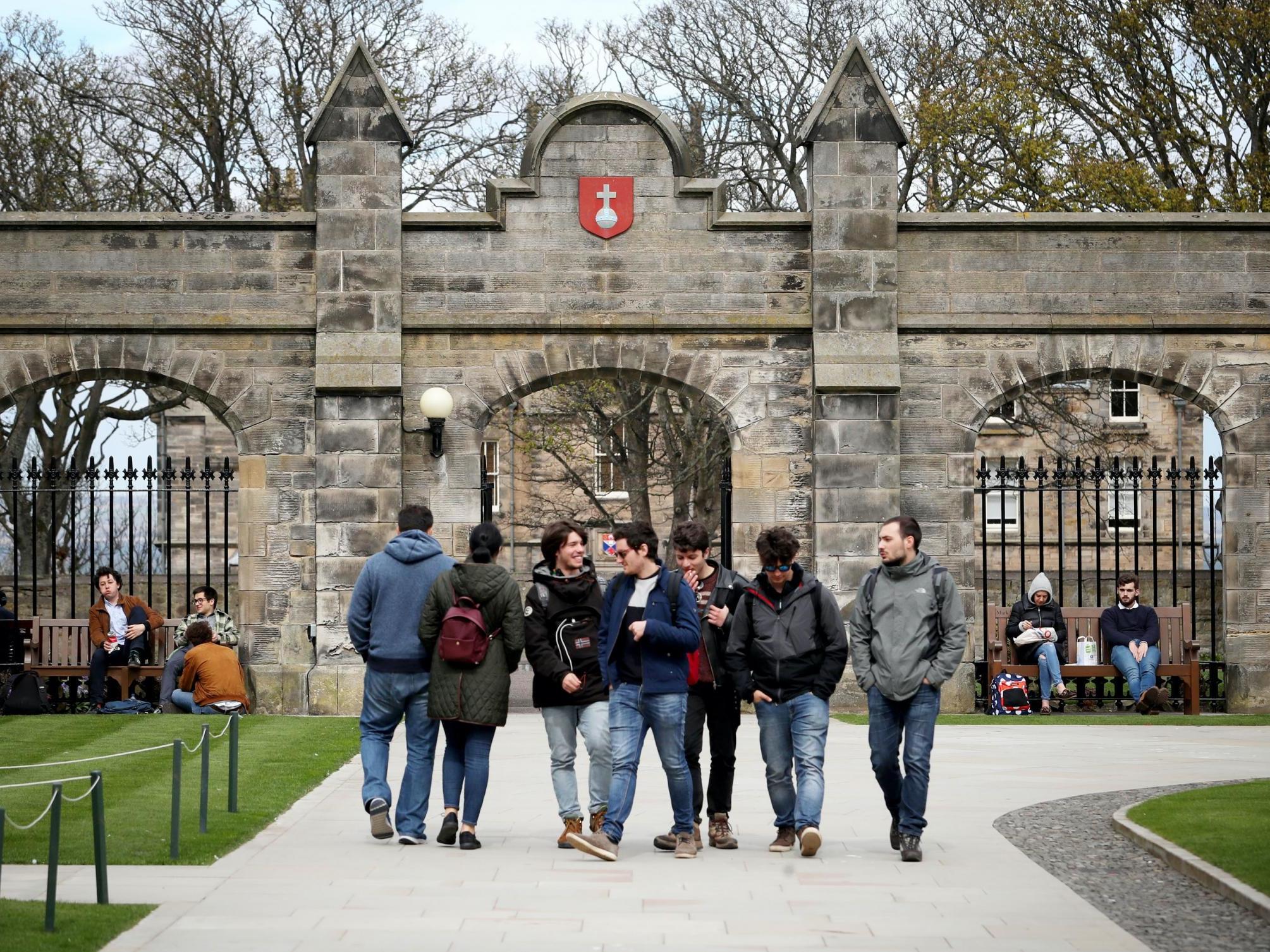Coronavirus tests should be compulsory for university students, scientists urge
Experts also want restrictions on parties and in-person teaching, writes Adam Forrest


Coronavirus tests should be mandatory for UK university students and staff to help control potential transmission, according to a group of independent experts.
As Britain’s higher education institutions prepare to open up again this autumn, the Independent Sage group of scientists fear crowded campuses could see lead to new outbreaks of the disease.
The group has called for students and staff to undertake compulsory Covid-19 tests – either before they come to campus or as soon as they arrive, as well as submitting to further regular tests.
In a new report published on Friday, the academic collective – which has been highly critical of the government’s handling of the pandemic – also recommended that universities make remote learning the new “default”.
It wants most classes to be conducted online, with only lab-based or practical degree programmes taught in person – particularly as higher-than-usual numbers of students are expected to start this year following the A-level grading scandal.
Worried by the difficulty in enforcing social distancing at parties and formal freshers’ events, the group has also called for socialising to be restricted to students’ residential “bubbles”.
The new report pointed to two US universities, the University of North Carolina and Notre Dame, which have been forced to shut down on-campus teaching soon after students returned. In at least one case, this was due to lack of infection control at social events.
Co-author of the report Liz Stokoe, professor of social interaction at Loughborough University, said: “It’s hugely important that universities are reopened but students will be travelling from all over the country and the world, that will create risks of infection transmission.

“So it is essential to put detailed procedures in place so as to guarantee a safe return. It would be disastrous if universities were forced to close as we’ve seen happen in the US so we are urging them to play safe and work with students to mitigate the risks.”
Yet the representative body for British universities does not agree. The Independent Sage group’s call for caution challenges the position of Universities UK – which has made clear students should be able to socialise and benefit from in-person teaching.
Universities UK’s chief executive Alistair Jarvis stated in June that “most students can expect significant in-person teaching and a wide range of social activities and support services” when term begins this autumn.
The Independent Sage report called for universities to work with student groups to forge a “social agreement”, committing everybody on campus to act “responsibly”.
However, Professor Devi Sridhar – chair of global public health at the University of Edinburgh and a member of the Scottish government’s advisory group – warned that any attempt to ban social activities would backfire.
“I don’t think you can ban things without the risk of driving them underground. You have to be realistic that the 20 to 29 years age group is least likely to abide by pandemic restrictions.”
The University and College Union said it backed the idea of “comprehensive testing” to protect the most vulnerable to Covid-19.
The president of the National Union of Students (NUS), Larissa Kennedy, also welcomed the report: “We hope that universities will take this advice onboard and finally provide clarity to students on how their courses will be delivered, what support will be available to them and what social activities will be open.”
Join our commenting forum
Join thought-provoking conversations, follow other Independent readers and see their replies
Comments